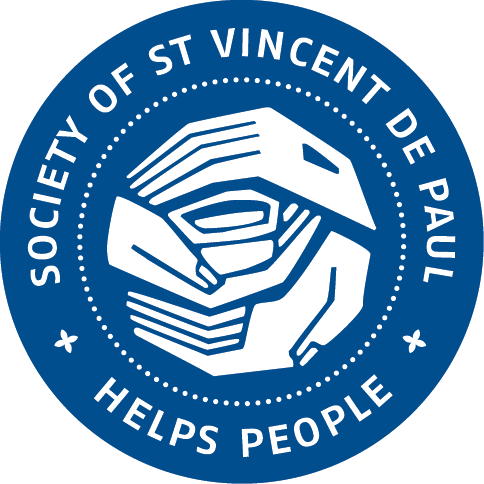Social Work "We're Human Specialists"
All I knew was that Vinnies carried decently priced clothes. I didn’t know Vinnies was a moniker for St Vincent De Paul Society, or that the op shops fund a range of social services.
You may find this information new to you too, probably because they pride themselves on humility and don’t seek recognition. The Newtown Welfare hub runs a food bank, pregnancy assistance (free bedding and baby clothes for new mothers) and emotional support visits that range from people in hospitals to prisons. Their sewing studio, Vinnies Re Sew in Kilbirnie recycles textile waste and offers upskilling opportunities in an inclusive environment. Full-time social worker Tania Martin is at the forefront of the social services offered by the Wellington Branch.
We’ve all heard the term, but what is a social worker? Even Google appeared utterly confused when I researched the definition and only found a vague summary. Simply explained, Tania said, “We’re human specialists”. Specifically, Tania’s work provides working alongside or referring clients to other agencies: Counselling, Budgeting, Mental Health and Addictions, Legal, English Language, Parenting and Family Violence services etc. Tania arrives at 8:15 a.m. and as she said, “answers a million emails”. Appointments in her office begin around 9 a.m. People without transportation can meet her at Strathmore, Newlands and Johnsonville Community Centers, or she will make a home visit. And of course, there’s paperwork, letter writing, meetings and phone calls.
Tania stands tall with short brunette hair that sways to one side. She carries the perfect combination of authenticity and tenacity, two traits important for social work. Previously in health social work, she’s worked at St Vincent De Paul Society for three months but appears comfortable in her role. She’s the only social worker at the Wellington branch so her days vary. She works with refugees, families, mental illness, drug addiction, the homeless and everyone in between. Social work is multifaceted, it requires self awareness to experience the person’s story without merging into the narrative. I asked how she avoids feeling bitter towards the “system”. She said, “I don’t think it’s bitter, I think it’s more what can I do about this? It’s always who do I call, what can I do to support you? What do you need? I can write a letter; I can ring this person for you”. Social work isn’t for everyone, it can become taxing because empathy and building trust are central components to accomplish the work. However, with the obstacles follows great rewards.
In 2010 a study was released called “Changes in Dispositional Empathy in American College Students Over Time: A Meta-Analysis,” conducted by Sarah Konrath in the United States (Konrath). The definition of empathy is still unclear, but it was narrowed down to four aspects: the ability to take on the perspective of another’s point of view; concern over the misfortunes of others; the capacity to identify with fictional characters in books and movies; and the personal distress over the misfortunes of others (Paul). The study found 40% of college students were less empathetic than 30 years prior, significantly dropping after the 2000’s with a rise in hate crimes (Konrath). Let that sink in for a moment.
If empathy has steadily decreased since the 2000’s, then we need far more people like Tania. She told me, social work is a part of your entire life, not just a 9-5 job. St Vincent De Paul Society remains small which allows the organisation to be personal and truly care for the people they help. St. Vincent De Paul operates with these values: generosity, integrity, compassion, responsiveness, advocacy and commitment. If we lack empathy, we need more organisations like St. Vincent which are managed by the community for the community. You don’t need to be a social worker to care about the vulnerable and stand for equality. What are social workers? They’re courageous supporters for the underprivileged. Simply, it’s you and me. Tania explained it best, “Social work is about stories, it’s about people’s stories and who they are. It’s like peeling an onion; layers upon layers upon layers and every little onion is different so it’s always fascinating”. □
Georgia Cutter | Guest Writer
Work Cited: Konrath, Sara H., et al. “Changes in Dispositional Empathy in American College Students Over Time: A Meta-Analysis.” Personality and Social Psychology Review, vol. 15, no. 2, 5 Aug. 2010, pp. 180–198., doi:10.1177/1088868310377395.
Paul, Pamela. “From Students, Less Kindness for Strangers?” The New York Times, 25 June 2010, www.nytimes.com/2010/06/27/fashion/27StudiedEmpathy.html.


